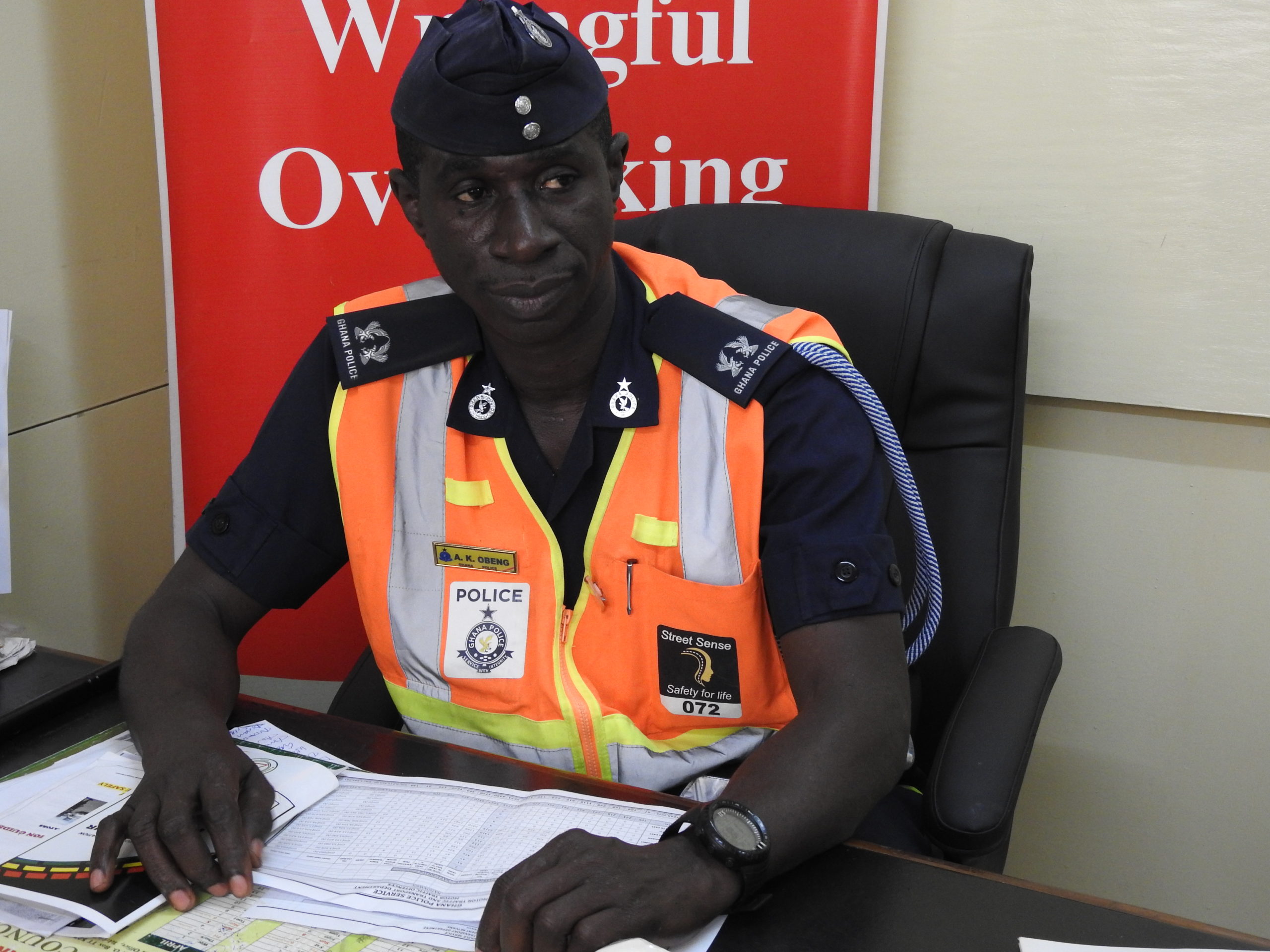A dual-carriage upgrade of the major highways connecting Accra to Ghana’s neighbouring countries will cut road carnage by more than half, the Motor Traffic and Transport Department has said.
The Head of Education, Research and Training at the MTTD of the Ghana Police Service, Superintendent Alex Obeng, who made the suggestion, insisted that the country had no choice but to invest in the road expansion.
He explained that the likelihood of head-on collisions, which claimed a lot of lives in a single crash, would significantly reduce if vehicles were moving in the same direction on highways.
“Where dual carriage roads are separated by a boundary, vehicles which veer off the main tracks will not crash into oncoming traffic on the other side of the highway,” he said.

The senior police officer wanted the government to source funds to embark on the project immediately to deal with the perennial carnage.
The debate on the dualisation of the country’s roads came up strongly when 34 people perished at Dompoase in the Central Region with the Roads and Highways Minister, Kwasi Amoako Atta, hinting that it was in the government’s plans.
Since then, institutions, including the National Road Safety Authority, have backed the call.
The call came back on the radar when 31 people died and six others were injured on the Kintampo Road in the Bono East Region.
The two buses–a Grandbird and a 207 Benz bus–collided head-on Monday dawn at about 4 am. A victim claimed that the driver of the sprinter mini-bus slept behind the wheels.
Mr Obeng believed that “If the road was dual this driver would have saved himself by veering off into reboundable verge of the road or just ran into the ground and rest on the land in the bush”.
He observed in an interview with theghanareport.com that the “road is a well-engineered but single carriage”.
He was optimistic that the dualisation and incorporation of safety designs in road engineering as prescribed by the UN would save the country from numerous loss of lives and property to carnage.
“If we expand the sections that have not been dualised right to Paga and in between Aflao and Elubo, through Accra and beyond, this incident will not happen and it will reduce preventable crashes by over 50%,” he stated.
“Where we have dualised it is not happening,” he commented, adding that the severity of the impact will be minimized.”
“The reason we are having a frequent head-on collision that is leading to 30, 20, 40, 65 deaths and not happening on urban roads but happening on intercity, Trans-West Africa highways at Dompoase, between Buipe and Techiman, tells you that these sections are single carriages… What are we waiting for, because we are getting hit, we are getting killed”?
He also proposed the adoption of co-drivers by transport operators involved in long-distance trips. Under the arrangement, drivers can alternate to prevent the same person staying behind the wheels for over four hours.
‘One bus carried petrol’ – Ambulance officer identifies three mistakes in Kintampo road carnage
He said stakeholders would continue sensitisation, education, and enforcement of road traffic regulations, but the country could not compromise on the expansion of the roads, he described as the backbone of the country’s major highway network.
He said the project “should not be in the distant millennia but now,” he said.
Fatal February: 171 died in road accidents; 23% drop from January
















